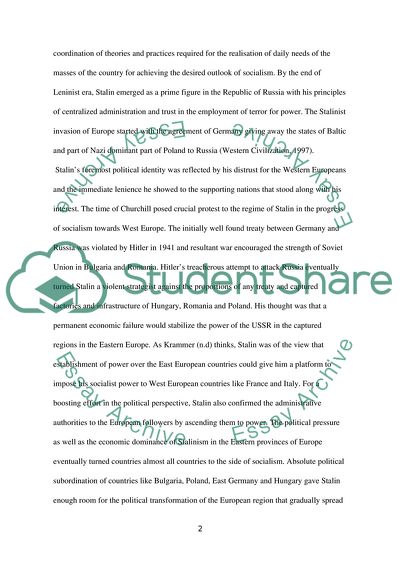Cite this document
(“Russia and Eastern Europe After Lenin Essay Example | Topics and Well Written Essays - 1500 words”, n.d.)
Retrieved from https://studentshare.org/history/1595047-russia-and-eastern-europe-after-lenin
Retrieved from https://studentshare.org/history/1595047-russia-and-eastern-europe-after-lenin
(Russia and Eastern Europe After Lenin Essay Example | Topics and Well Written Essays - 1500 Words)
https://studentshare.org/history/1595047-russia-and-eastern-europe-after-lenin.
https://studentshare.org/history/1595047-russia-and-eastern-europe-after-lenin.
“Russia and Eastern Europe After Lenin Essay Example | Topics and Well Written Essays - 1500 Words”, n.d. https://studentshare.org/history/1595047-russia-and-eastern-europe-after-lenin.


